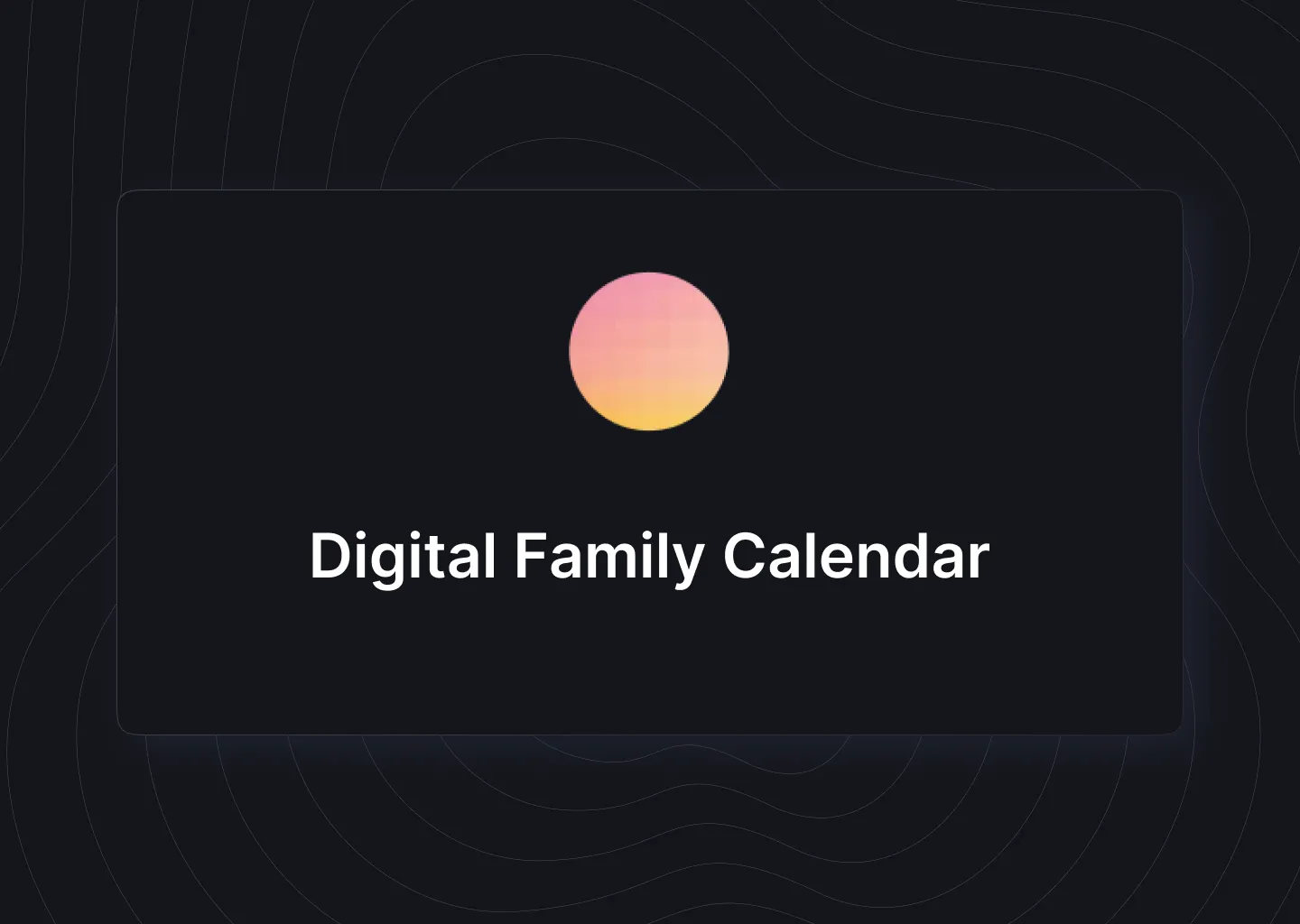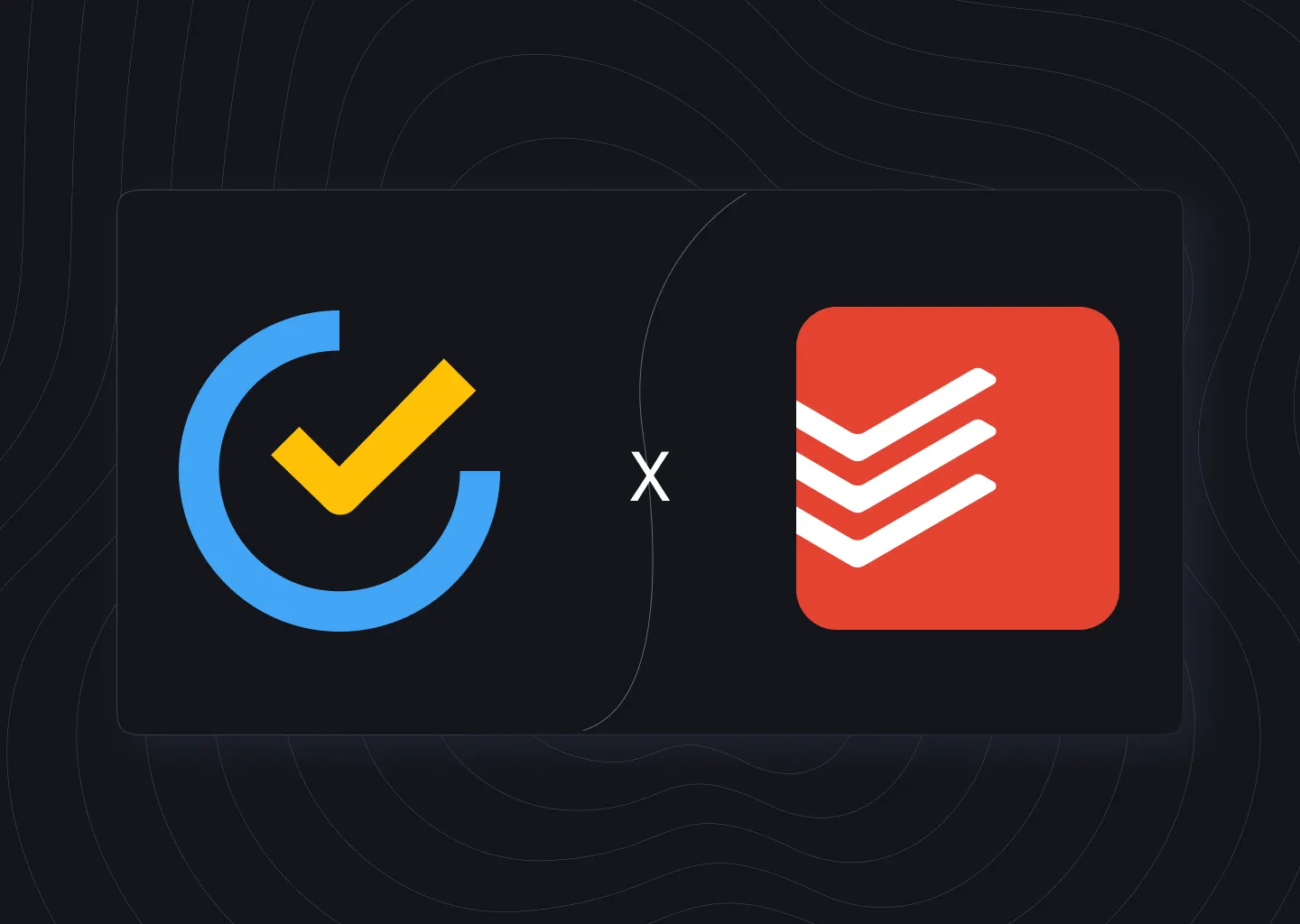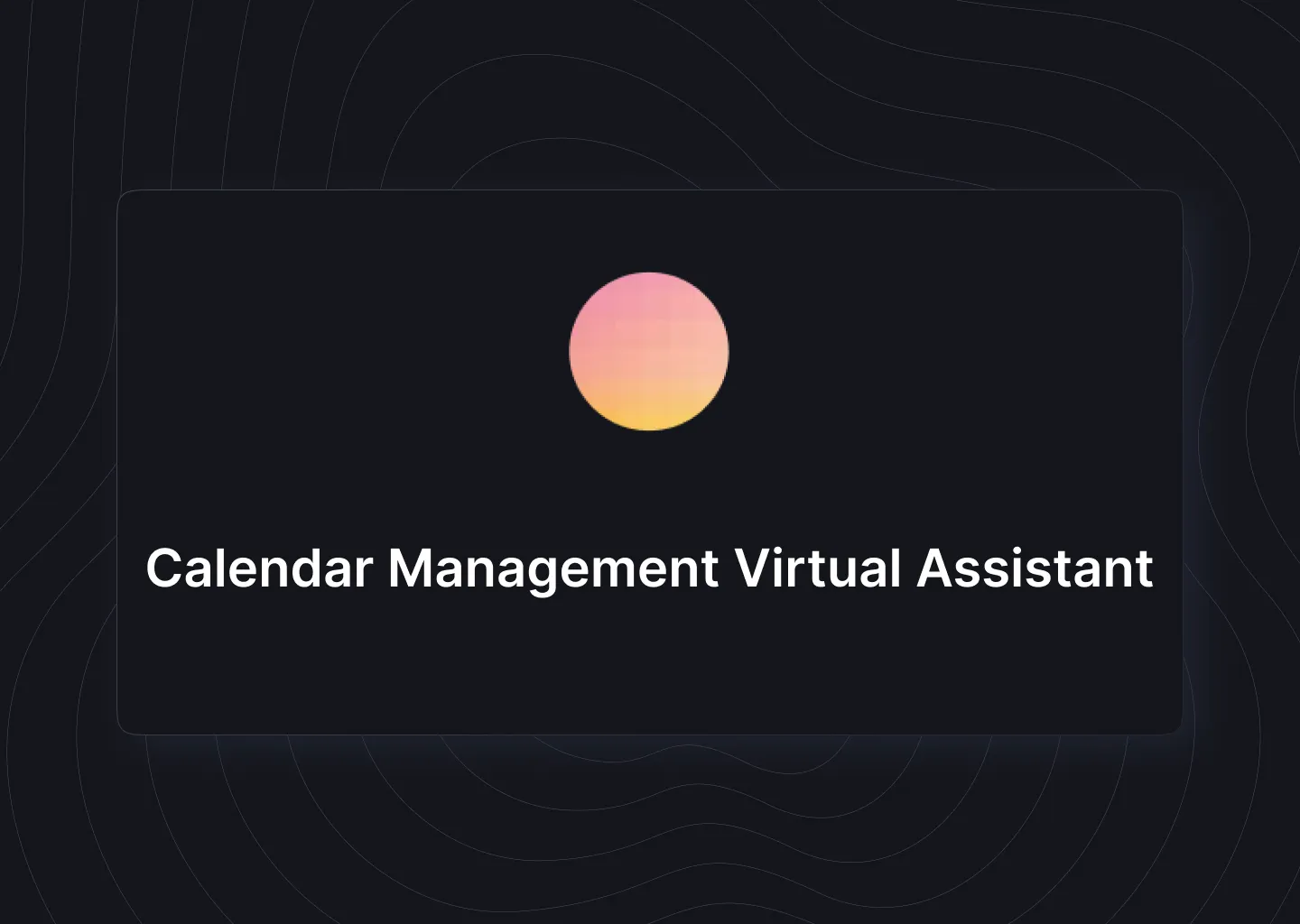In the era of hustle culture, productivity has become conflated with optimizing and scheduling our days to the minute. If you spend any time on #productivity Twitter, you will find Martine a refreshing follow. She won’t tell you to wake up and start work at 5am, detail the merits of cold showers, or list all she accomplished through a carefully time blocked weekend (spoiler: she treats weekends as weekends).
Instead, in a space echoing with advice on how to up your hustle, she provides a calming reminder to remain flexible and adjust plans as you go.
Don’t let this be mistaken as a lack of effectiveness. Martine is an educator, writer, speaker, coach, and podcaster. She gets a tremendous amount done. But, by prioritizing her wellbeing, she is showing that there are many paths to productivity. She wants others to see how this alternate reality can be possible, particularly those who are (or might be) neurodivergent and have potentially struggled to operate at their best within rigid GTD frameworks.
From passion to burnout
Martine started her career in finance and quickly climbed the ranks. By 30, she seemingly had it made: a corner office, a sizeable salary, a convertible, a seat on the board of a prominent international firm.
Yet, behind those traditional indicators of success, Martine felt unfulfilled. “I vividly remember sitting in my office thinking ‘who am I helping?’ and coming up blank. Despite feeling the weight of golden handcuffs, I knew I didn’t want to continue in finance,” she recounts.
That’s when she took a leap. From managing people, she had discovered her love of mentoring and teaching. When she saw a job posting for a maternity leave cover at a local college, she applied and got the job.
It was a massive change – a slash in a salary, a role she wasn’t confident she knew how to do, and a steep learning curve. “I went from being an expert to a junior. I had so much to learn.”
Despite feeling out of her depth, she immediately fell in love with teaching and dove in headfirst. But what started as a motivating new passion quickly translated to working non-stop and pushing the bounds of sustainability.
“I burned out during that first year,” she says. “But I knew I wanted to teach, and I was determined that wouldn’t be the end of my career in education. Instead, I needed to set boundaries and find a new approach.”
Looking around at her peers, she knows she isn’t alone. “So often, people in caring professions mistake a prioritization of their own wellbeing as selfish.” She’s now vocally challenging that narrative.
Wellbeing-driven productivity
Martine describes wellbeing as a driver of productivity. “If you’re the best version of you, you’ll get more done and bring more energy to your work.”
For Martine, that best version is one that prioritizes sleep, movement, and walking the dog. She no longer burns the midnight oil. She has learned to say ‘no’. And perhaps most shocking for a lot of us, her peers included, she doesn’t have her work email connected on her phone.
“We often worry that if we erect boundaries, it will reflect poorly on us. People won’t see us as hard working or effective,” she says. “Yet I am viewed as highly responsive, engaged and effective by my colleagues and students. When I tell them that I don’t have work email on my phone, they are shocked.”
It goes to show how often we assume that hyperconnectivity and being always-on is a prerequisite to success. So many of us worry that others will see us as shirking our responsibilities if we don’t reply immediately or stay on top of issues as they arise.
Yet, Martine is showing an alternate path.
Why wellbeing-driven productivity can be a game changer for neurodivergent individuals
When Martine reflects on that pivotal inflection point in her career, she says it’s hard to tease apart how much of her burnout to attribute purely to overworking vs her autism, which was undiagnosed at the time.
One year ago, Martine was diagnosed as autistic, though she suspected that she was neurodivergent for quite a while. Even before her diagnosis, she understood that the highly structured GTD model didn’t work for her. She needed an approach to productivity that was sustainable and flexible based on her energy levels.
She now broadly shares her PAR method for productivity with the hope that other individuals who are neurodivergent (or suspect they may be) can reframe how they think of productivity and avoid the burnout she experienced during her early days teaching.
At a high level, the method might seem familiar, with steps such as documenting one’s ideas, processing them, then prioritizing. Yet the nuances here are important. “Traditional prioritization models don’t always work for neurodivergent people,” she explains. “For instance, the popular Eat that Frog method recommends starting the day with the most important (and often most dreaded) task. It works for some people, but for others, this is a huge barrier to getting started and might derail their whole day.”
Instead, she recommends people explore a range of prioritization methods and find the one that works for them. “This might mean starting with some easy wins to get a quick dopamine hit and start the ball rolling before building up to that bigger task.” (This is an approach that Bryan Jenks described in our recent intervbiew.)
The PAR method also includes scheduling time at the end of each week to reflect and identify possible adjustments for the following week. This flexibility stands out from the rigid productivity systems that have dominated the discourse.
Finding your MVPT
Martine is an advocate for erring on the side of simplicity when it comes to one’s productivity systems. Despite her love for interesting apps and tools, she recommends finding your Minimum Viable Productivity Toolkit and resisting the urge to keep adding more productivity tools to your stack.
In it, she recommends sticking to just three tools: a calendar, to-do manager, and a notetaking app.
Which ones work best is highly individualized.
For her, it’s a Morgen/Todoist/Reflect triad.
Time blocking in Morgen has been a particularly effective method for her. “Rather than letting a task grow to fill my time, I set limits for how much time I should invest in it by time blocking,” she explains. “I’ve become quite apt at time blocking and usually set realistic amounts of time. Now and then, I will add an additional block to my calendar for an incomplete task, but I really try to stick to the planned time slot, then move on.”
This works well for her, but she encourages everyone to explore the tools that suit them best while resisting the urge to add more and more into their workflows.
Learn more about wellbeing-driven productivity on Martine’s blog, podcast and Twitter. Side bonus: You’ll also get to follow along on her awesome lego builds, thriving plants, and her evolving perspective on what it means to be neurodivergent (in short, unique).
.svg)

.svg)
.webp)



.png)
%20(25).png)